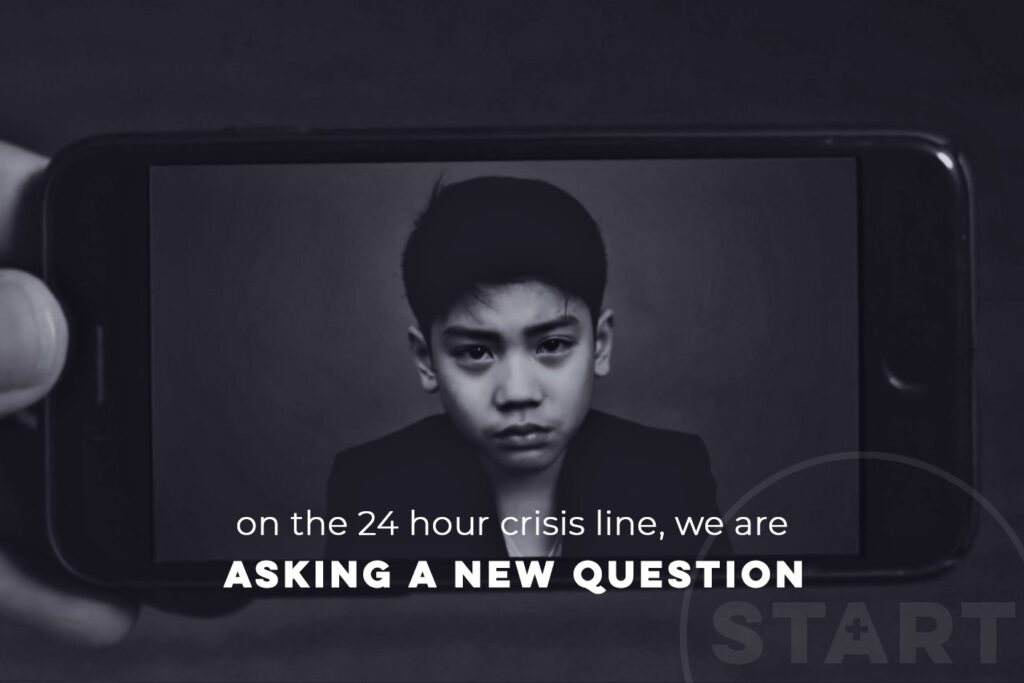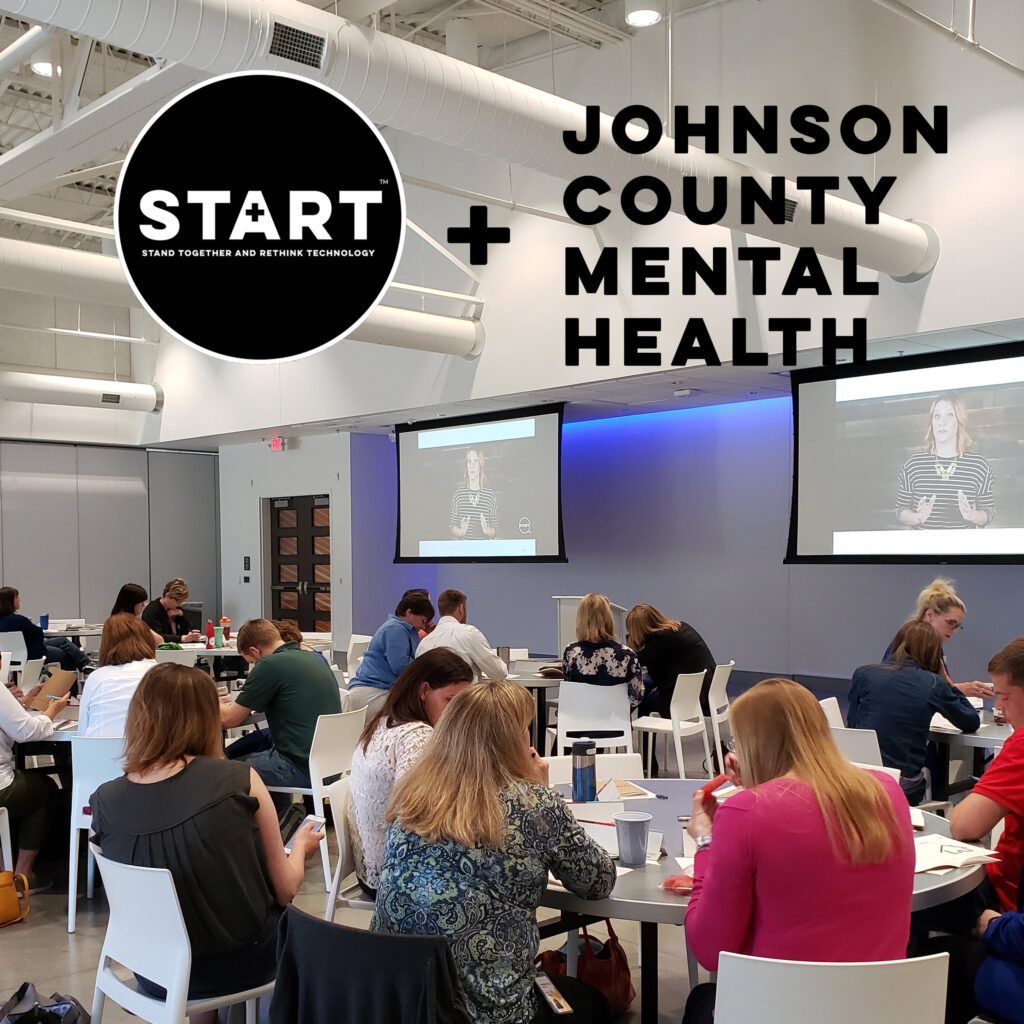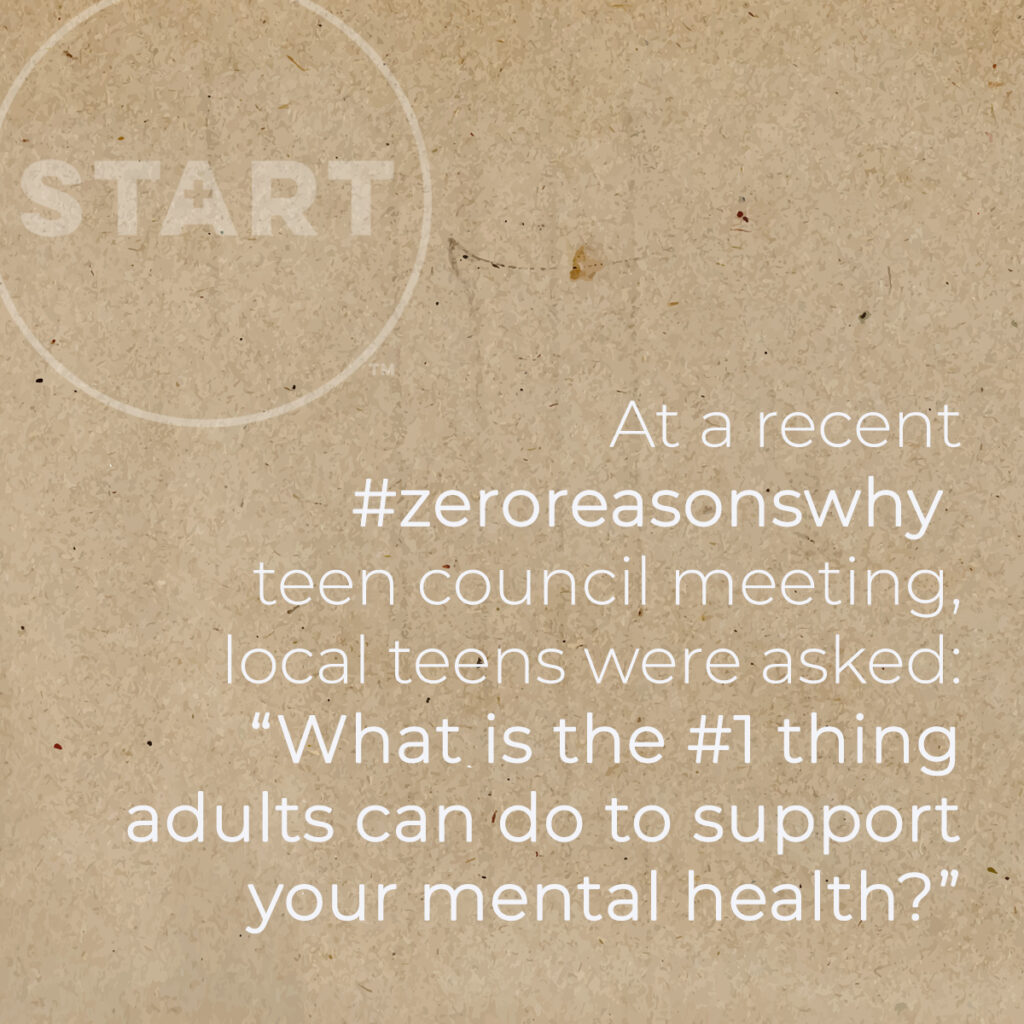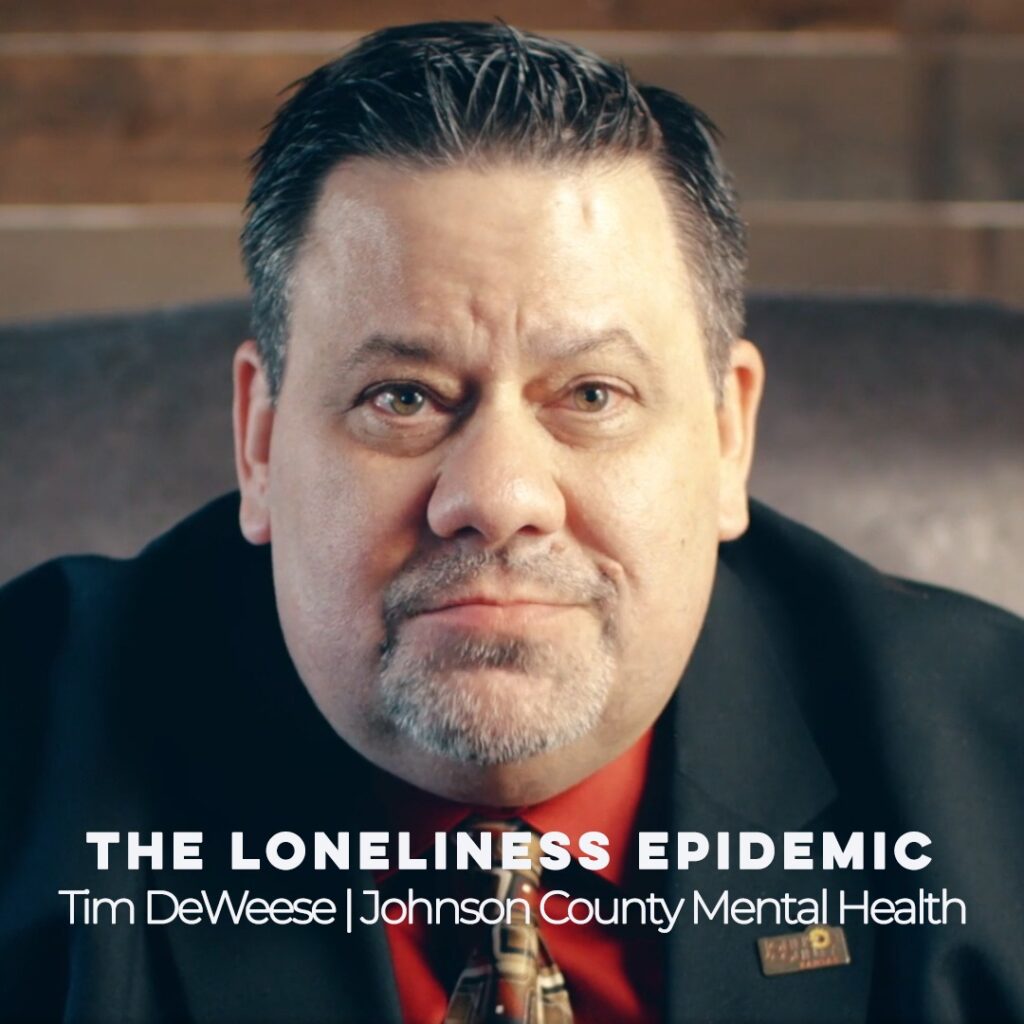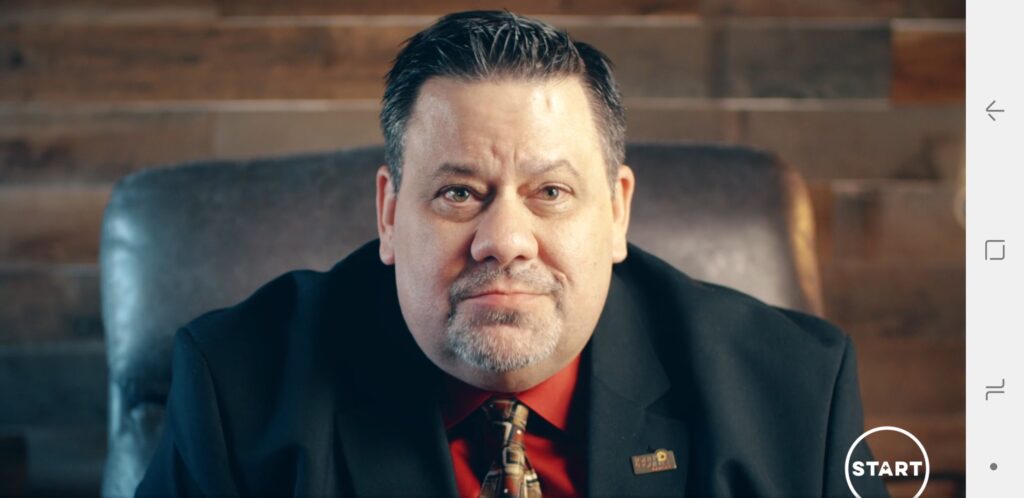One of our rules of thumb is Start with Yourself. But one of the top obstacles parents share? Figuring out what digital health looks like at work. We loved these examples from companies who are taking this to heart and experimenting with new workplace practices to support digital wellness, including Netsmart—a healthcare company based in Kansas City.
When Brandi Kenney, a member of the Johnson County 24 Hour Crisis Line team, shared this testimony at the annual Kansas Behavioral Health Conference, we were moved. It is so inspiring to hear how a simple question is making a huge impact for families in crisis. START is proud to be partnering with Johnson County Mental Health, and many other community stakeholders, to educate our kids about digital health and wellness.
As mental health professionals, the staff at Johnson County Mental Health Center are hyper aware of how unhealthy tech use can negatively impact the families they serve—oftentimes creating a barrier in relationships, which are essential for recovery. This week, we were given the privilege of bringing our START program to their staff, and together we considered the role technology has played in exacerbating the side effects they are seeing…
This year, START has had the privilege of linking arms with the #zeroreasonswhy teen council, a local mental health campaign tackling the issue of teen suicide in Johnson County. At a recent teen council meeting, teen were asked a poignant question: “What is the number one thing adults can do to support your mental health?”
One young man’s answer stopped us in our tracks: “Put your phones down and listen to us.”
Tim DeWeese, Director of Johnson County Mental Health, shares that while we live in the most technologically advanced society in history, recent studies have shown that young adults, ages 18-22, are the most lonely generations of Americans, more disconnected than even the nation’s elderly. “It’s imperative that we as adults model for our kids how to balance tech-time with genuine time, and promote open, honest human relationships. Ultimately, these are the foundation for a strong, healthy community.”
Tim DeWeese, Mental Health Director for Johnson County, weighs in about the importance of developing a healhty tech-life balance for ourselves, and then modeling those healthy tech habits for young people.
Published recently by JoCo Magazine, this article takes a close look at the link between electronic device use, depression, and impaired executive functioning in teens. At START, we are proud to be part of a community that is coming together to tackle digital health, and excited to include Johnson County Government on the list of leaders helping raise awareness. Device addiction might be one of the biggest issues our community is facing, but we believe that—together—we can create new norms that promote healthy tech use.

